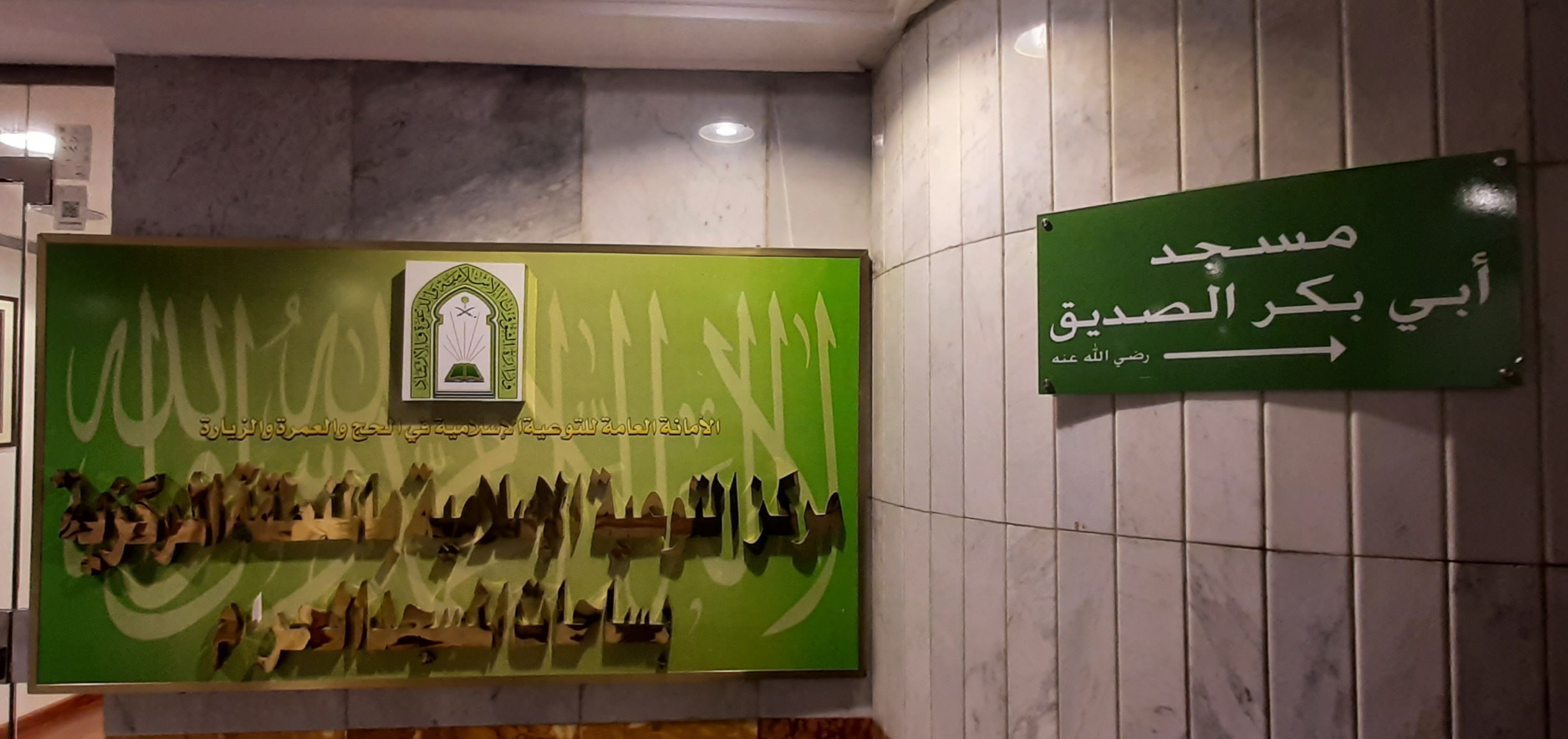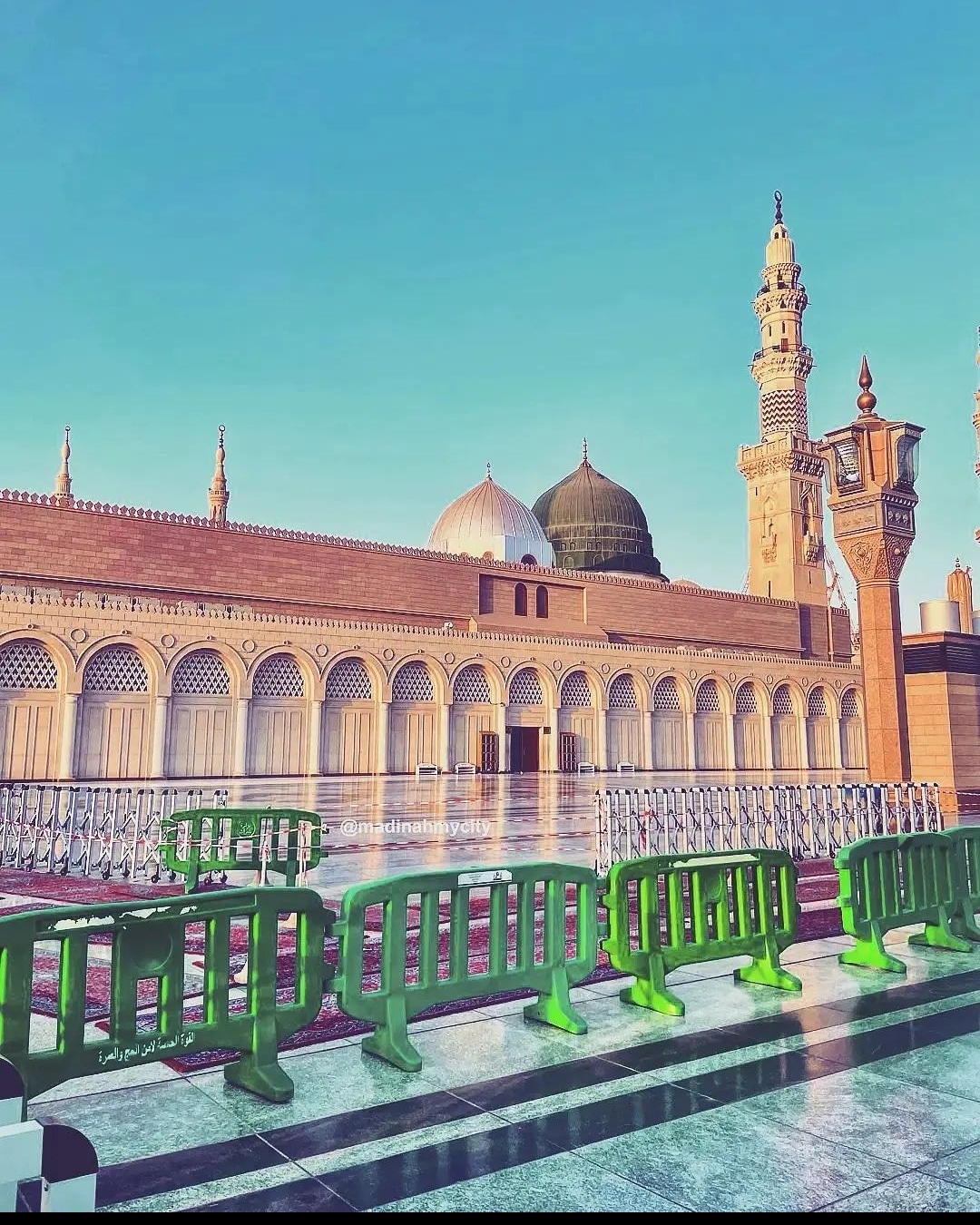Hazrat Abu Bakr RA Siddique History
Hazrat Abu Bakr Siddique, a towering figure in Islamic history, holds a special place as the first Caliph of Islam and a steadfast companion of Prophet Muhammad (PBUH). His life, marked by unwavering faith, unparalleled loyalty, and significant contributions to the early Muslim community, offers a rich tapestry of lessons and inspirations for Muslims around the world. From his early life in Makkah to his pivotal role in the spread of Islam, Abu Bakr's legacy continues to resonate, drawing pilgrims and history enthusiasts alike to the sacred sites associated with his life. This article explores the key aspects of his life, his enduring contributions to Islam, and the places that stand as testaments to his profound impact on Islamic history.
Table of Contents
- Early Life of Hazrat Abu Bakr Siddique RA.
- Acceptance of Islam
- Contribution to Islam
- Caliphate of Abu Bakr Siddique RA.
- Abu Bakr House in Makkah
- Final Days and Where is Abu Bakr RA. Buried?
- Tourist Spots Related to Abu Bakr RA. Siddique
Early Life of Hazrat Abu Bakr Siddique RA.
Hazrat Abu Bakr Siddique RA. was born in 573 CE into the esteemed Quraish tribe in Makkah, known for its influence and affluence in the region. His real name was Abdullah ibn Abi Quhafa, and he was raised in an environment that valued honor, integrity, and tribal loyalty. Abu Bakr was renowned for his honesty and trustworthy nature even before embracing Islam, earning the nickname "As-Siddique" (The Truthful). As a successful merchant, he was well-respected in Makkah and had a deep understanding of the socio-political landscape of Arabia. His close friendship with Prophet Muhammad (PBUH) began long before the Prophet received revelation, establishing a bond that would later play a pivotal role in the spread of Islam.
Acceptance of Islam
Abu Bakr Siddique was the first adult male to accept Islam, a decision that had a monumental impact on the nascent Muslim community. His immediate and unwavering support of Prophet Muhammad (PBUH) was instrumental in the early days of Islam. He used his wealth and influence to protect the fledgling Muslim community, freeing many slaves who had accepted Islam and were being persecuted for their beliefs. Abu Bakr's acceptance of Islam also encouraged others in Makkah, including several future leaders of the Muslim community, to embrace the new faith. His loyalty to the Prophet was evident when he accompanied him on the perilous Hijra (migration) from Makkah to Medina, a journey that marked the beginning of the Islamic calendar.
Contribution to Islam
Abu Bakr's contributions to Islam were both profound and far-reaching. His financial support was crucial in the early days, as he generously donated his wealth to the cause of Islam, including funding military campaigns and assisting the poor in the Muslim community. He was also a key figure in the spread of Islam beyond Makkah and Medina, supporting missionary efforts and providing guidance to new converts. Abu Bakr’s role in compiling the Quran after the Prophet’s death was particularly significant; he ensured that the revelations were preserved in written form, safeguarding the Quran for future generations. His deep understanding of Islamic teachings and his wise counsel were invaluable to the Prophet and the Muslim community during times of crisis.
Caliphate of Abu Bakr Siddique RA.
Following the death of Prophet Muhammad (PBUH), Abu Bakr was unanimously chosen as the first Caliph of Islam, marking the beginning of the Rashidun Caliphate. His caliphate, though brief—lasting only two years and three months—was a period of consolidation and unity for the Muslim Ummah. Abu Bakr faced immediate challenges, including the Ridda Wars (Wars of Apostasy), which threatened the unity of the Islamic state. He led the military campaigns against the rebellious tribes, successfully re-establishing Islamic rule across Arabia. Abu Bakr also initiated the compilation of the Quran, recognizing the need to preserve the revelations in a single, cohesive text. His leadership was marked by humility, justice, and a deep commitment to the welfare of the Muslim community.
Abu Bakr RA. House in Makkah
The house of Abu Bakr in Makkah is a site of immense historical and spiritual significance. Located near the Kaaba, this residence was not just a home but a center of early Islamic activity. It was here that many of the first Muslims gathered in secret to learn about their new faith and plan their activities in the face of persecution from the Quraish. The house symbolizes Abu Bakr's unwavering dedication to Islam, as it served as a sanctuary for the Prophet Muhammad (PBUH) during critical moments, including the planning of the Hijra to Medina. Today, while the exact structure no longer stands, the location remains a place of reflection for those who visit Makkah, offering a glimpse into the early struggles and sacrifices made by the first Muslims.
Final Days and Where is Abu Bakr RA. Buried?
Hazrat Abu Bakr Siddique spent his final days in a state of deep reflection and preparation for the hereafter. After successfully leading the Muslim Ummah through a period of significant challenges, including the Ridda Wars and the consolidation of the Islamic state, his health began to decline. In 634 CE, after a short illness, he realized his time was near. True to his humble and devout nature, Abu Bakr prepared for his passing with the same simplicity that marked his life.
He appointed Umar ibn al-Khattab, another close companion of the Prophet Muhammad (PBUH), as his successor, ensuring the stability of the Muslim community after his death. Abu Bakr’s decision was made after thorough consultation with other prominent companions, reflecting his commitment to collective leadership and the well-being of the Ummah.
Abu Bakr passed away on the 22nd of Jumada al-Thani in 634 CE, at the age of 63, the same age at which Prophet Muhammad (PBUH) passed away. His death was a moment of profound sorrow for the Muslim community, as they lost not only their Caliph but also a beloved friend of the Prophet.
By his wishes, Abu Bakr was buried beside Prophet Muhammad (PBUH) in Medina. His final resting place is in the Prophet's Mosque, also known as Al-Masjid an-Nabawi, in the chamber adjacent to the Prophet's tomb. This sacred area, known as Rawdah, is considered one of the holiest places in Islam. Abu Bakr's grave is situated between those of Prophet Muhammad (PBUH) and Umar ibn al-Khattab, a testament to the close bond he shared with them both in life and in death.
Today, millions of pilgrims visit Al-Masjid an-Nabawi to pay their respects to Abu Bakr Siddique. His burial site, marked by its proximity to the Prophet’s tomb, serves as a powerful reminder of his pivotal role in the early Islamic community and his lifelong dedication to the cause of Islam. The serene and spiritual ambiance of this site offers a place for reflection and prayer for those who seek to connect with the legacy of one of Islam’s most revered figures.
Tourist Spots Related to Abu Bakr Siddique RA.
1. The House of Abu Bakr RA. in Makkah
- Claim to Fame: Historical residence of Abu Bakr.
- History: The meeting place for early Muslims.
- Location: Near the Kaaba, Makkah.
- Architectural Features: Traditional Arabian architecture.
- Highlights: Proximity to Masjid al-Haram.
- Additional Notes: A significant Islamic heritage site.
- Tour Tips: Visit during non-peak hours for a peaceful experience.
- Hotels Nearby: Hyatt Regency, Swissotel Makkah.
- Costing from Nearby Airport: Approximately $15-$20 by taxi from King Abdulaziz International Airport.

2. The Prophet's Mosque (Al-Masjid an-Nabawi)
- Claim to Fame: Burial site of Abu Bakr Siddique.
- History: One of the oldest and largest mosques in the world.
- Location: Medina, Saudi Arabia.
- Architectural Features: Islamic architecture with a green dome.
- Highlights: Tomb of Prophet Muhammad (PBUH) and Caliphs.
- Additional Notes: Spiritual center for Muslims.
- Tour Tips: Visit early in the morning to avoid crowds.
- Hotels Nearby: Anwar Al Madinah Mövenpick, Dar Al Taqwa Hotel.
- Costing from Nearby Airport: Around $20-$25 by taxi from Prince Mohammad bin Abdulaziz International Airport.

FAQ
- Who was Hazrat Abu Bakr Siddique? Hazrat Abu Bakr Siddique was a close companion of Prophet Muhammad (PBUH) and the first Caliph of Islam.
- What was Abu Bakr's contribution to Islam? He supported the Prophet, freed slaves, and helped compile the Quran.
- Where is Abu Bakr buried? He is buried next to Prophet Muhammad (PBUH) in Al-Masjid an-Nabawi, Medina.
- What is the significance of Abu Bakr's house in Makkah? It was a key gathering place for early Muslims, symbolizing his dedication to Islam.
- How can I visit the Prophet's Mosque? You can see the Medina mosque, accessible from Prince Mohammad bin Abdulaziz International Airport.
For travelers seeking to immerse themselves in the rich history of Islam, Zamzam Travels proposes a specialized pilgrimage tour that includes a visit to the birthplace of Hazrat Abu Bakr Siddique (RA) in Makkah. This tour will offer an opportunity to connect deeply with the legacy of the first Caliph of Islam, explore key historical sites, and experience the spiritual significance of these sacred locations. Our carefully crafted itinerary ensures a meaningful and memorable journey, guided by expert historians and spiritual leaders. Join us in this unique experience to honor the life and contributions of one of Islam’s most revered figures.
For more information and to book your spot, please contact Zamzam Travels today.



